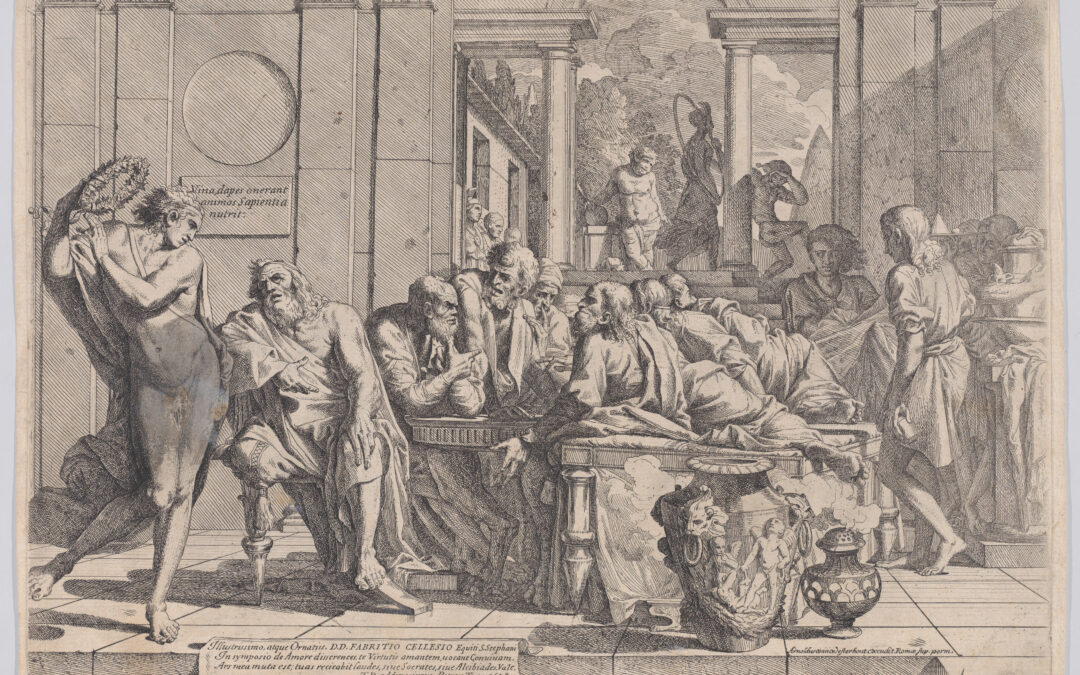Plato was an Athenian philosopher during the Classical period in Ancient Greece. He was a student of Socrates and the founder of the Academy, the first institution of higher learning in the Western world. Plato’s writings have exerted a tremendous influence on almost every form of knowledge in the West and it is nearly impossible to think of philosophy as we know it without him.
Plato was born in Athens in 428 or 427 BC. His father, Ariston, was a wealthy aristocrat, and his mother, Perictione, was from a distinguished family. Plato was educated in the traditional Greek curriculum, which included mathematics, music, and gymnastics. He also studied philosophy with Socrates, who was one of the most influential figures in his life.
In 399 BC, Socrates was put to death by the Athenian government. Plato was deeply affected by Socrates’ death, and he left Athens for a period of time. He eventually returned to Athens and founded the Academy, which became a center of learning for over 900 years.
Plato wrote a large number of dialogues, which are philosophical conversations between Socrates and other characters. These dialogues are some of the most important works of philosophy in the Western tradition. In his dialogues, Plato explores a wide range of topics, including the nature of reality, the soul, knowledge, and the good life.
Plato’s philosophy is complex and multifaceted. However, some of his key ideas include:
- The theory of Forms: Plato believed that there is a realm of perfect Forms, which are the true objects of knowledge. The objects of the physical world are imperfect copies of the Forms.
- The soul: Plato believed that the soul is immortal and that it existed before it was born into the physical world. The soul’s goal is to return to the realm of Forms.
- The Republic: Plato’s most famous dialogue, the Republic, is a work of political philosophy. In the Republic, Plato argues that the ideal society is one in which everyone is assigned a role based on their natural abilities.
- The Symposium: The Symposium is a dialogue on love. In the Symposium, Plato argues that love is a desire for the Forms.
Plato’s philosophy has had a profound influence on Western thought. His ideas have been debated and discussed for centuries, and they continue to be relevant today.
